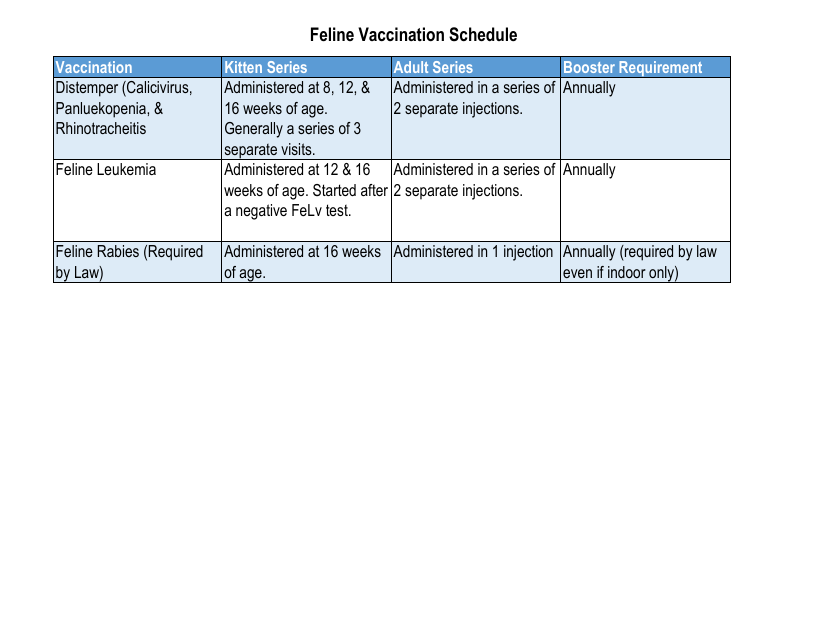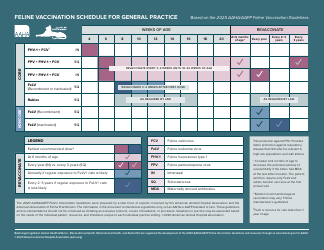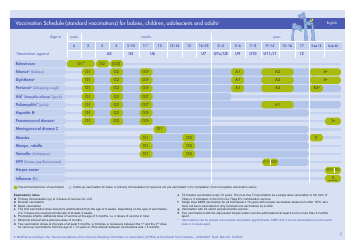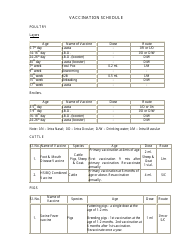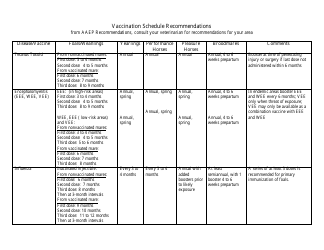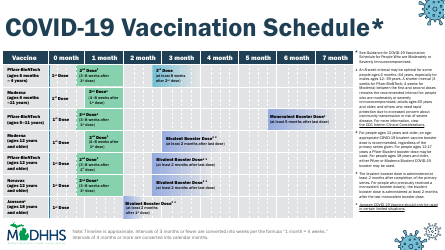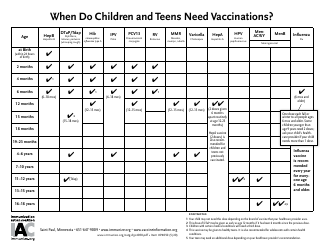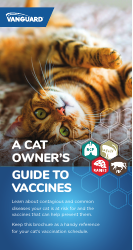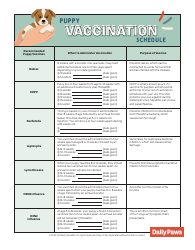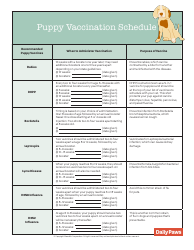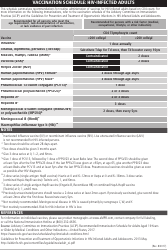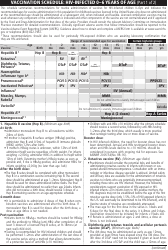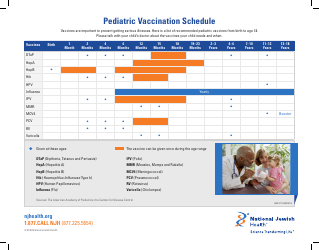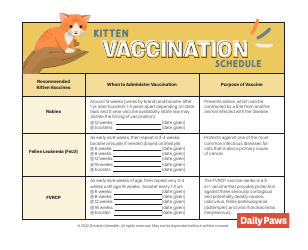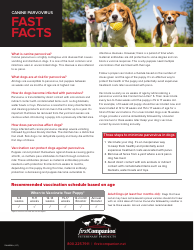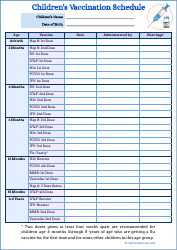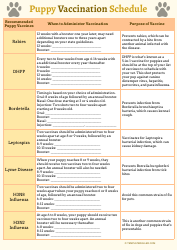Feline Vaccination Schedule
Feline vaccination schedules are designed to protect cats from various infectious diseases. Vaccinations help to prevent illnesses such as feline viral rhinotracheitis, calicivirus, and panleukopenia. They are important for keeping cats healthy and reducing the risk of spreading diseases.
Pet owners or the person responsible for the cat's healthcare would typically file the feline vaccination schedule.
FAQ
Q: What is a feline vaccination schedule?
A: A feline vaccination schedule is a recommended timeline for getting your cat vaccinated against certain diseases.
Q: Which vaccines are included in a feline vaccination schedule?
A: Common vaccines included in a feline vaccination schedule may cover diseases such as rabies, feline distemper (panleukopenia), feline herpesvirus, and feline calicivirus.
Q: When should I start vaccinating my kitten?
A: Kittens usually receive their first vaccines at around 6 to 8 weeks of age.
Q: How often should a cat be vaccinated?
A: The frequency of vaccinations may vary, but most vaccines are initially given as a series of shots and then followed by boosters every 1 to 3 years.
Q: Are there any side effects of feline vaccination?
A: Most cats tolerate vaccinations well, but some may experience mild side effects like soreness at the injection site or temporary lethargy. Serious reactions are rare but can occur.
Q: Are feline vaccinations necessary?
A: Vaccinations are an important part of keeping your cat healthy and protecting them from infectious diseases. Consult with your veterinarian to determine the best vaccination schedule for your cat.
Q: Can indoor cats skip vaccinations?
A: Even indoor cats can be exposed to certain diseases, and vaccinations are still recommended to provide them with protection.
